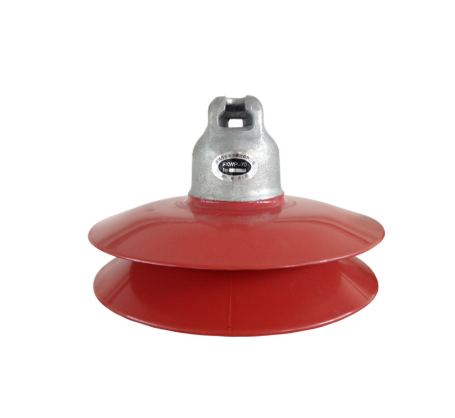
Glass composite insulators have emerged as a significant innovation within the electrical insulation sector, particularly when it comes to high-voltage applications. These insulators are primarily composed of a polymeric matrix reinforced with glass fibers, resulting in a lightweight yet robust structure that offers remarkable electrical and mechanical performance.
One of the most notable advantages of glass composite insulators is their exceptional resistance to environmental factors. Unlike traditional ceramic insulators, glass composite insulators are less susceptible to damage from harsh weather conditions, UV radiation, and chemical exposure. This durability ensures a longer service life and reduces maintenance costs for utility companies, making them an increasingly popular choice in the industry.
In addition to their resilience, glass composite insulators exhibit superior electrical performance. They possess excellent dielectric properties, allowing them to maintain high insulation resistance even under extreme conditions. This characteristic minimizes the risk of electrical breakdowns, which can lead to costly outages and safety hazards. Furthermore, the lightweight nature of these insulators simplifies installation and reduces the structural load on supporting infrastructure, which is particularly beneficial in remote or challenging locations.
The versatility of glass composite insulators extends to their applications in various electrical systems. They are commonly used in overhead power lines, substations, and distribution networks. Their ability to withstand high voltages and environmental stressors makes them suitable for both urban and rural settings, thereby enhancing the overall reliability of power transmission and distribution.
Moreover, as the global focus on sustainability continues to grow, glass composite insulators align well with environmentally friendly practices. Their long lifespan and reduced need for replacement contribute to lower waste generation, while their lightweight properties can lead to decreased energy consumption during transportation and installation processes.
In summary, glass composite insulators represent a crucial advancement in electrical insulation technology. Their unique blend of durability, electrical performance, and environmental compatibility positions them as a preferred choice for modern electrical systems. As industries continue to seek innovative solutions to enhance the reliability and efficiency of power networks, the adoption of glass composite insulators is likely to increase, paving the way for a more sustainable and resilient energy future. For professionals in the electrical engineering field, understanding the features and benefits of glass composite insulators is essential for making informed decisions regarding insulation materials in various applications.
Post time:Sep-25-2020
